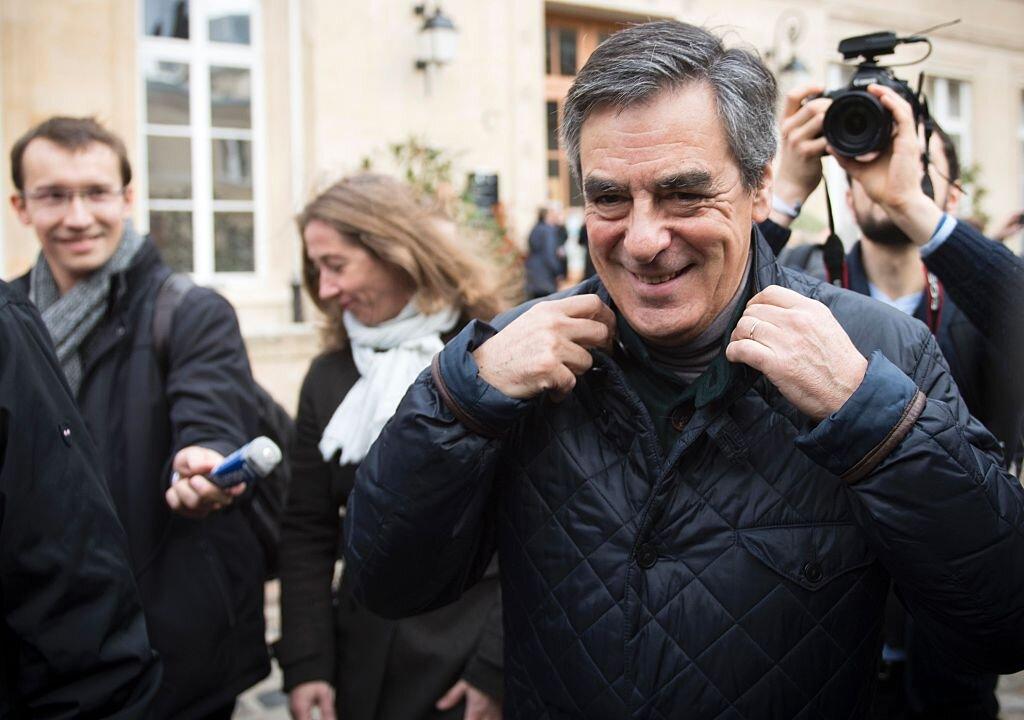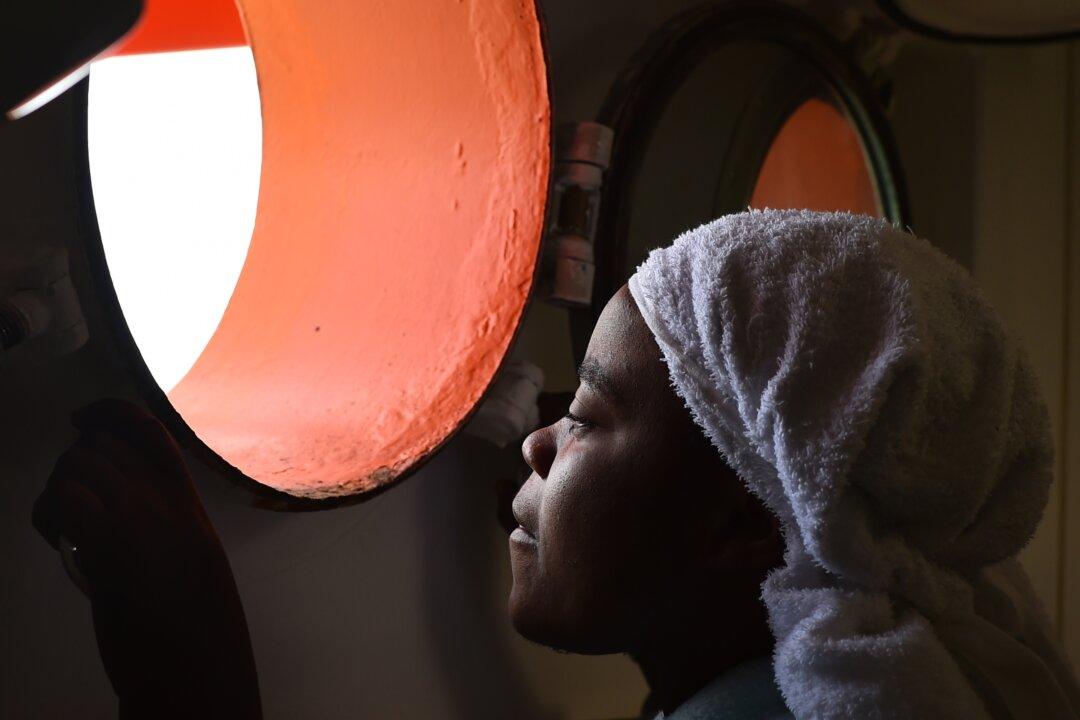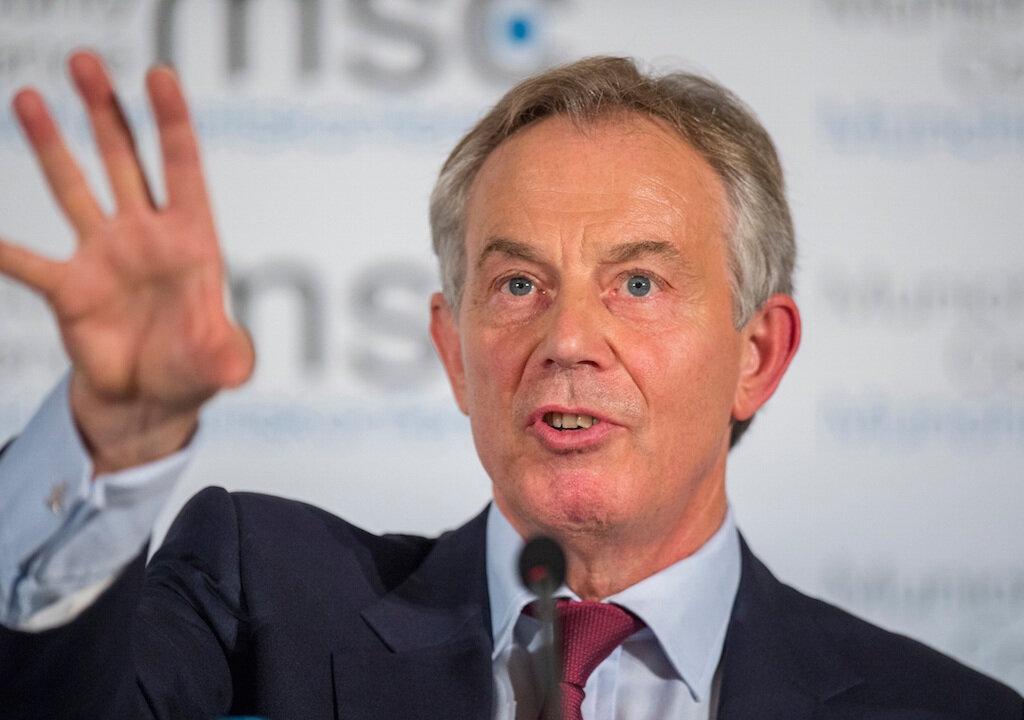At the beginning of his term, French President Francois Hollande indicated a desire to embark on a so-called policy of disengagement in Africa, announcing in his first big speech on African policy in October 2012 that “the time of Françafrique is over”. But just a few months later, the President dispatched 4,000 French troops to Mali to quell an uprising of Tuareg rebels and al-Qaeda terrorists that was threatening the country’s stability. Meanwhile, the U.S. is building military bases and creating a sprawling network of defense partnerships, while China has become the continent’s main trade partner and angel investor. It seems the world’s powers are heading for a showdown in Africa, as competing interests, economic opportunities, opportunistic African leaders and a marked difference of strategic vision will only complicate the political game.
The French War on Terror?
Despite his initial intentions, it would seem Hollande has embarked on a renewed Africa policy, built around a relentless fight against radical Islamic terror. Several months after his speech, the French President announced the creation of a new counterterrorism campaign for the Sahel, codenamed “Operation Barkhane.” This new phase takes over from the previous mission in Mali, Operation Serval, and will see France deploy a 3,000-strong counterterrorism force over five countries of the Sahel: Mali, Niger, Burkina Faso, Mauritania and Chad. In addition, the French will outfit the operation with 20 helicopters, 10 transport aircrafts, 200 armored vehicles, 6 fighter planes and 3 drones. It appears to be a new and emboldened tactic to combat the rise of jihadi insurgencies with links to Al-Qaeda, and assist African governments in enforcing their security and that of the Sahel.
France, in many ways, “is actually assuring its own security, Europe’s security and ultimately, […] becoming the leader in fighting radical Islamic terrorism” as France’s defense minister, Jean-Yves le Drian stated. But as Africa’s deteriorating security becomes an increasingly pressing concern for the international community and lucrative investment opportunities open in the region, France is no longer the main player on the chessboard.
A handful of players
For its part, the US has been undertaking counterterrorism activities in Africa since 2002, and these have significantly increased under the Obama administration in what some analysts have labeled the “US military’s pivot to Africa“. From the American-owned Camp Lemonnier in Djibouti, 4,000 troops, large (and undisclosed) numbers of Predator drones are conducting extensive counterterrorism operations and training in the Horn of Africa and beyond. A country of approximately 800,000, Djibouti has benefited immensely from its strategic partnership with the US, not least from the lease for the camp, which is upwards of $63 million per year with an extra $7 million in development aid. Despite playing a significant role in stabilizing the region, Djibouti’s President Ismail Omar Guelleh has failed to use these funds to bring development and prosperity to the country and has focused on solidifying his own rule. A large part of the population is living without water, electricity and proper healthcare, while any political or civil opposition to the President’s rule is effectively quashed and prosecuted.
A late arrival on the African stage, China has been keen to assert its economic interests in the region. Bilateral trade increased by 700% during the 90s, going from $6.5 billion in 1999 to $200 billion in 2013. Moreover, Beijing has announcing plans to invest $1 trillion in the continent in the coming decade. From striking a $20 billion deal with the Government of Guinea to develop the country’s Simandou iron ore deposits, to funding the construction of two airports in Djibouti, China increasingly sees Africa’s plentiful natural resources as a way to pursue economic rather than security aims. However, this increase in economic dependence is in itself subject to contention. A large part of China’s foreign direct investment in Africa is financed by sovereign loans and contracts often lack transparency. The import of Chinese labor workers has angered the local populations and environmental damage has become a growing issue. All this has led the former Governor of Nigeria’s Central Bank, Lamido Sanusi, to underline that China “is in Africa not for African interests but its own”, calling on African governments to tweak their policies to allow for Chinese investment while retaining an eye on their own economic development.
Whether through the prism of security or financial gain, Africa’s authoritarian leaders have become increasingly susceptible to foreign actors building self-interested policies in the region and have complicated the situation by welcoming just about anyone with promises of resources. From Djibouti’s Guelleh to Zimbabwe’s Robert Mugabe, concerns about political reform and development have remained in the background, as dictators are using their ability to attract quick investment and consolidate their power over their populations. While the West has always, on paper at least, linked investment to political reforms, rule of law and good governance, China has no qualms about African leaders oppressing their people. As Chinese firms get richer from lucrative projects in the region, the population remains poor and Africa’s strongmen continue down their totalitarian paths greased with easy money.
It has become increasingly clear that the competing approaches employed by foreign powers are spelling trouble for the African continent. Counterterrorism operations and foreign direct investment will succeed only insofar as they seek to increase regional stability and economic growth through the development of strong institutions and public services, rather than simply tolerating undemocratic regimes in the name of Machiavellian interests.




